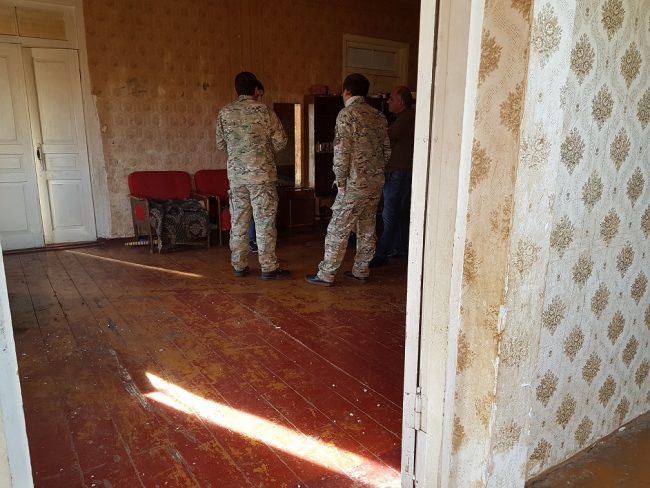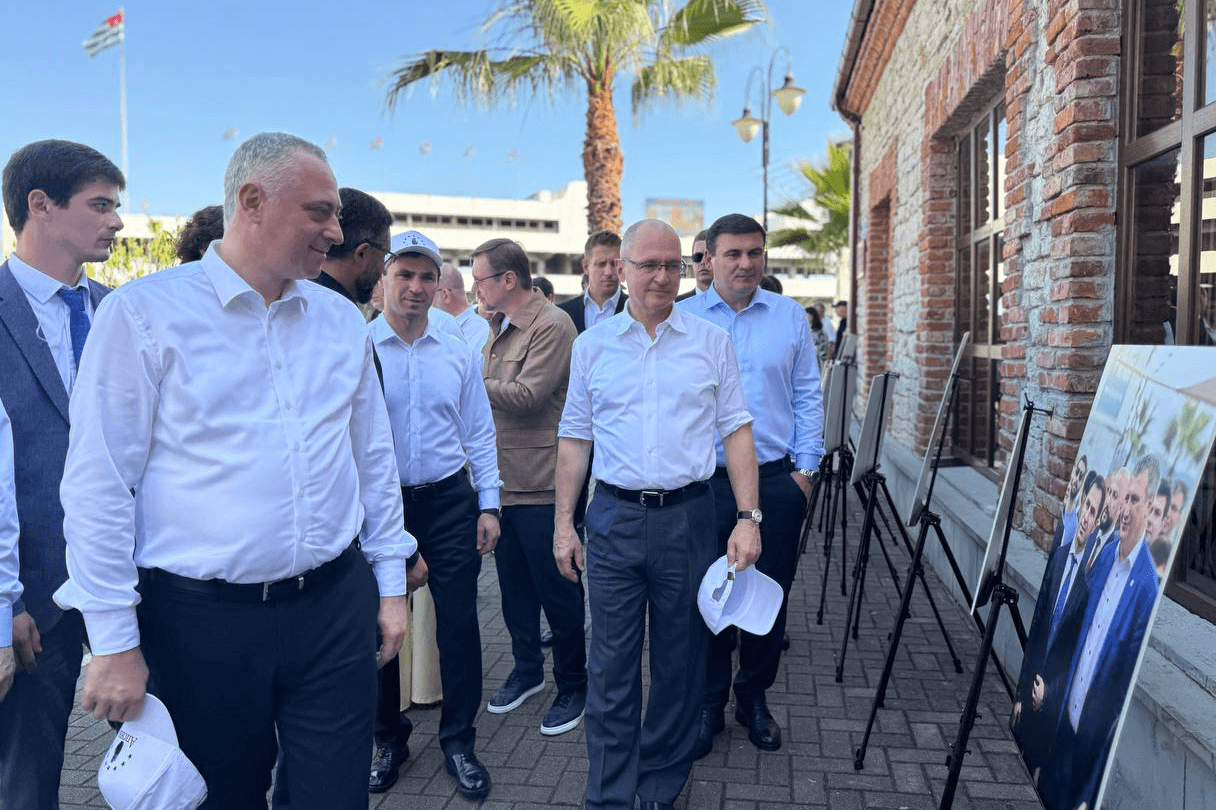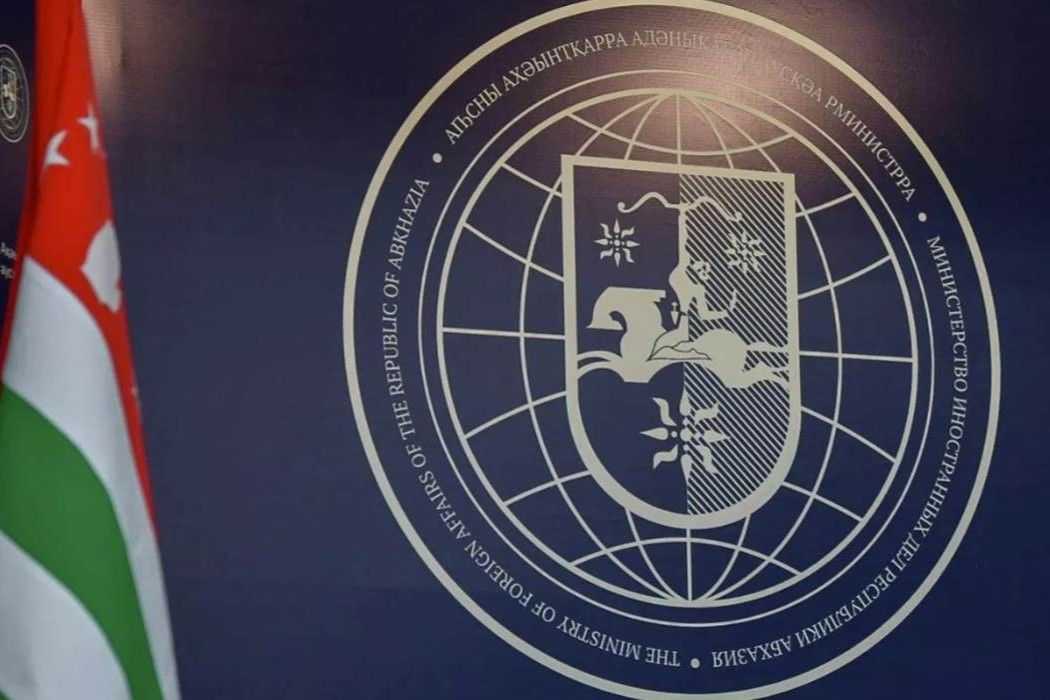

 There is no law on domestic violence in Abkhazia — everything that happens within the confines of the home is considered private. But NGOs and charities working with battered women are fighting back, arguing that a such a law is crucial for protecting women.
There is no law on domestic violence in Abkhazia — everything that happens within the confines of the home is considered private. But NGOs and charities working with battered women are fighting back, arguing that a such a law is crucial for protecting women.
‘Come as soon as you can, I need to go to the police today. I just can’t stand it anymore’, the voice of one of the women being helped at charity Kiaraz says over the phone. Madina (not her real name) called the charity after another violent outburst from her husband.
Madina and her children are subjected to constant terror from her husband. He is a disabled veteran of the 1992–93 war. His earnings are sporadic, and she is bringing up four children. Their eldest son is 16, and the youngest daughter is three. They live in a village, where they rent a house. The family’s main income is Madina’s husband’s pension, ₽10,500 ($185), and their child allowance of ₽5,000 ($88).
The family was forced to take out a loan to cover medical costs when their fifth child was born prematurely. But the child died, and the family’s debt had to be repaid anyway.
‘He was always unbearable, screaming a lot, sometimes he tried hitting me. There were quite long periods of time between these aggressive outbursts. But lately, he always comes home angry. He doesn’t like anything and always finds a reason to be spiteful’, she says of her husband.
Madina says that she’d be happy if her husband was sent to jail. ‘He comes home with friends and smokes pot right in the room. And the children see everything’, she explains.
Providing moral support
Kama Gopia, the director of charity fund Kiaraz, is helping Madina. The charity was created four years ago with the goal of helping poor families with many children. But in practice, they have decided to help anyone in a desperate situation.
The fund is currently helping more than 3,000 people, mostly concentrated in eastern Abkhazia.
Gopia says that when she began, she expected to help poor families by helping to buy things, like building materials and medicine. But as it turned out, they have often ended up providing moral support.
In general, the people her charity is helping live in poor but harmonious households. But there are three or four families where violence is constant. Sometimes the charity has to seek help from lawyers.
Police are on the side of domestic tyrants
‘When I told him not to smoke in front of the children, he lashed out at me. And when he failed to beat me up, he broke all the ovens at home’, Madina says.
She gave her testimony at the police station, and the district inspector immediately sent officers to the house to investigate and detain her husband — on suspicion of possession of drugs.
[Read on OC Media: Rape and murder draw attention to law and lawlessness in Abkhazia]
They were not sent there because of the domestic violence claims. There is no law applying penalties for domestic violence in Abkhazia. Even still, in this case police officers tried to dissuade Madina from signing a police complaint.
‘You have lived together for so long; it can’t be that you only just learned what kind of man he is’, ‘it’s better to simply divorce’, ‘soon you will make peace, while we will just waste our time’, they said.
Officers told OC Media that even if they found drugs in the husband’s blood, they would release him and would not be holding him in detention, even for 15 days.
There is an unspoken rule in Abkhazia — veterans, especially those who have disabilities, are released without charge. Even if they were in possession of large quantities of drugs, they would not receive harsh sentences.
Women have no support from the government
Natela Akaba is the chairman of the Association of Women of Abkhazia. The Association developed its own concept for a law against domestic violence. But their appeals to parliament were not taken seriously.
‘Last year’s session did not have a single person interested in our project to create a law against domestic violence. One deputy even smirked and said there was no such problem in our republic, and that our association simply works to take Western money’, Akaba said.
OC Media asked one independent deputy in parliament — Levon Galustyan — about the possibility of a law against domestic violence. He said there is no project to create such law, even in a rudimentary form.
The Association of Women of Abkhazia runs the only crisis shelter existing in Abkhazia for women experiencing domestic violence. The centre runs on grant money from COBERM (a programme funded by the EU and implemented by the UNDP), and once the project comes to an end it will cease to function. But even in such a short time, the work of the centre has shown that many women are subjected to domestic violence.
‘This is why it’ll be impossible to deny the existence of this phenomenon’, Akaba says, hoping that this will force the government to rethink its position on the law.
According to child psychologist Anzhela Ladariya, the law on domestic violence could have saved many children. Knowing that violence in the home is punishable by law, many would have behaved much differently, she says.
She adds that the absence of a law means that children are left unprotected, which can lead to them ‘developing a coping mechanism, and the disappearance of crucial childhood skills: curiosity, playfulness, kindness. They are psychologically traumatised, meaning that such a child cannot become a well-functioning adult’.
‘Not everyone is ready to admit they are victims’
Yuliya Dubitskaya, a psychologist at the association’s crisis centre, accepts calls and provides the first psychological assistance. She says that not all women who are exposed to domestic violence are ready to admit they are victims.
Dubitskaya says that many women call and complain about beatings or threats of physical violence from their husbands, but once they meet in person, women often backtrack, claiming that the violence was simply part of a family quarrel, and that the husband had already asked for forgiveness.
‘The women simply refuse to admit they are victims, because then they would have to take the next step, divorce, which many women are not ready for because they have no support from either their relatives or the government’, Dubitskaya says.
She adds that while the centre has been operating, several women decided to divorce their husbands. A lawyer for the association helped them. But these were exceptional cases, she says, as most women prefer to stay.
All place names and terminology used in this article are the words of the author alone, and may not necessarily reflect the views of OC Media’s editorial board.






